Working side-by-side with industry leaders to bring new technology to the maritime field.
The Golden Bear Research Center is a U.S. Coast Guard approved laboratory accredited in ISO 17025:2017. Our rigorous testing and evaluation process brings new products to market with speed and efficiency.
The Golden Bear Research Center (GBRC) is an internationally recognized laboratory and testing facility accredited in ISO 17025:2017.
GBRC's mission is to provide an effective platform, for the research, development, testing and evaluation of technologies and practices that reduce marine vessel environmental impacts, from nonidigenous species to greenhouse gas emissions.
Our interests lay in technologies relating to ballast water management, decarbonization, exhaust emissions, solid waste stream, oil pollution, hull fouling and other potential environmental risks to the marine environment. GBRC has successfully tested several BWMS allowing for their Approved Status by the USCG and IMO.
The GBRC testing platform is the 500-foot Training Ship Golden Bear that provides at-scale testing of new technologies while docked in San Francisco Bay, California and at sea.
Our Geography
Located on a tidal driven estuary in San Francisco Bay, the GBRC’s unique location provides an abundant and biologically diverse ecosystem that also allows for testing of Fresh, Brackish and Marine waters.
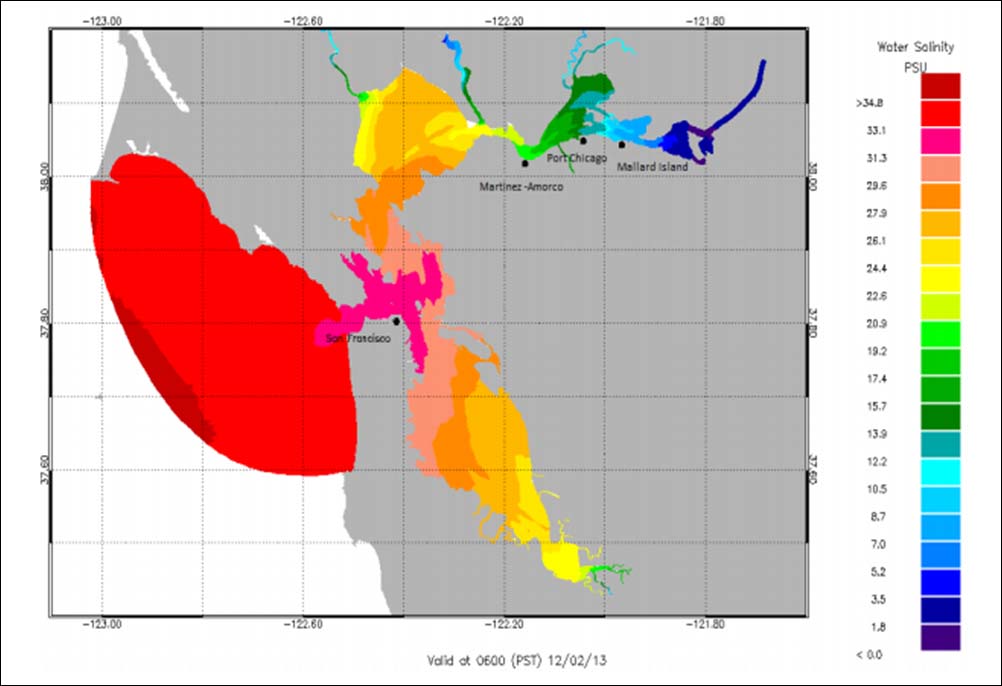
Salinity Distribution for San Francisco Bay
(Peng et al., 2014)
Our History
Established in 2010 with the help of The United States Maritime Administration (MARAD), the GBRC has been actively testing commercial ballast water management systems to IMO and USCG standards. We have worked with numerous manufacturers and tested their technologies across the globe.
Our Partners


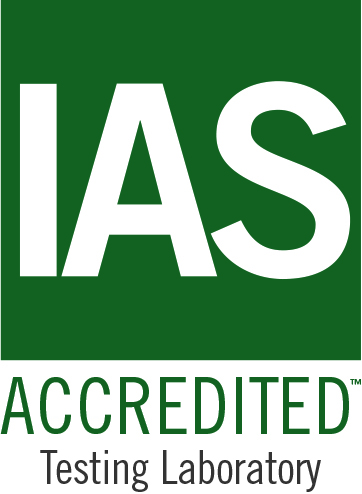
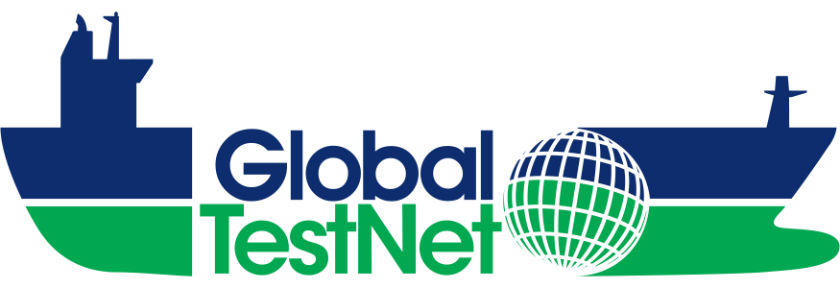


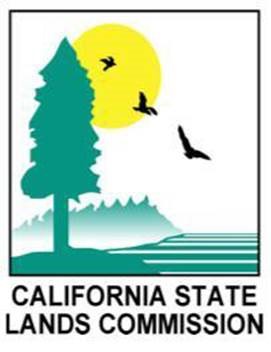
Ballast Water Management Systems
- Land-Based Type-Approval Testing
- Shipboard Type-Approval Testing
- IMO D-2 Commissioning Testing
- R&D / Performance Testing
- Vessel General Permit (VGP) Sampling & Analysis
R&D/ Performance Testing
- Decarbonization
- Renewable Energy
- Environmental
- Scale-up modeling
- Verification of Indicative Tools & Compliance Devices
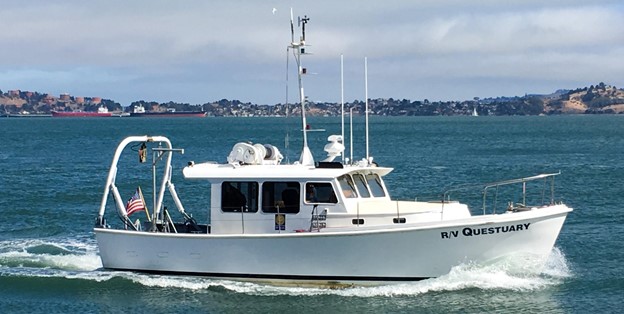
The R/V Questuary is an ideal work platform for conducting research and education in the San Francisco Estuary. The vessel is equipped with a dry, heated cabin with seating for six crew and has a large work bench for placement of computers and scientific instruments.
The vessel has a private head, small galley and food refrigerator and other necessities for making underway time on the Bay comfortable and safe. The vessel afterdeck is open and large with a freeboard drop of three feet, permitting easy deployment of oceanographic sampling equipment.
The vessel has two hydraulic winches which permits a lot of flexibility in what can be placed overboard. A Markey COM-4 Oceanographic winch with 300 feet of 0.322 inch wire services a SeaBird SBE-32 sampling rosette. A Pullmaster winch with 200 feet of 0.25 inch wire is used for heavy loads and can safely lift 2,200 pounds.
For information about chartering the R/V Questuary, please contact the Golden Bear Research Center staff.
R/V Questuary Specifications and Scientific Equipment
IAS Certificate of Accreditation (ISO 17025:2017)
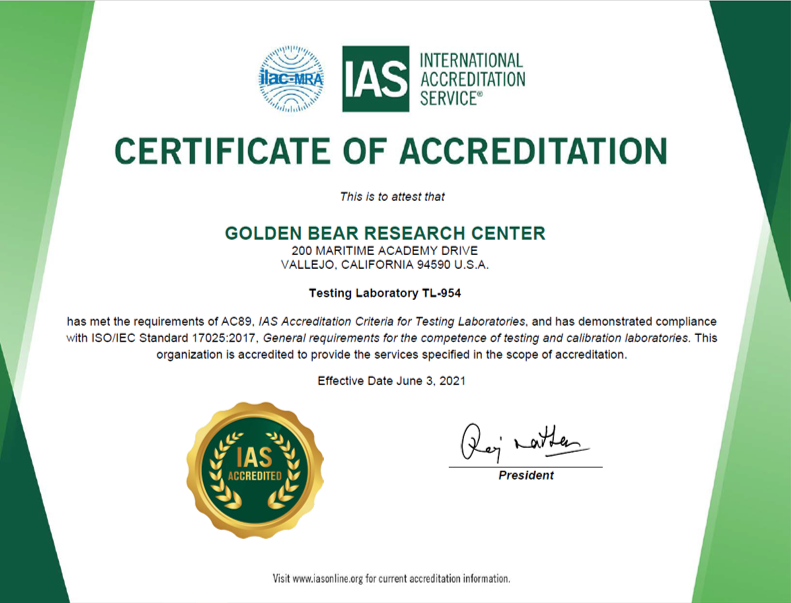
Approved Service Provider
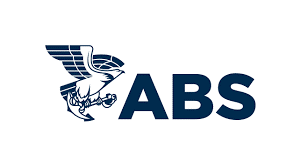
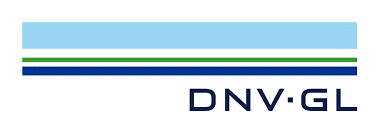

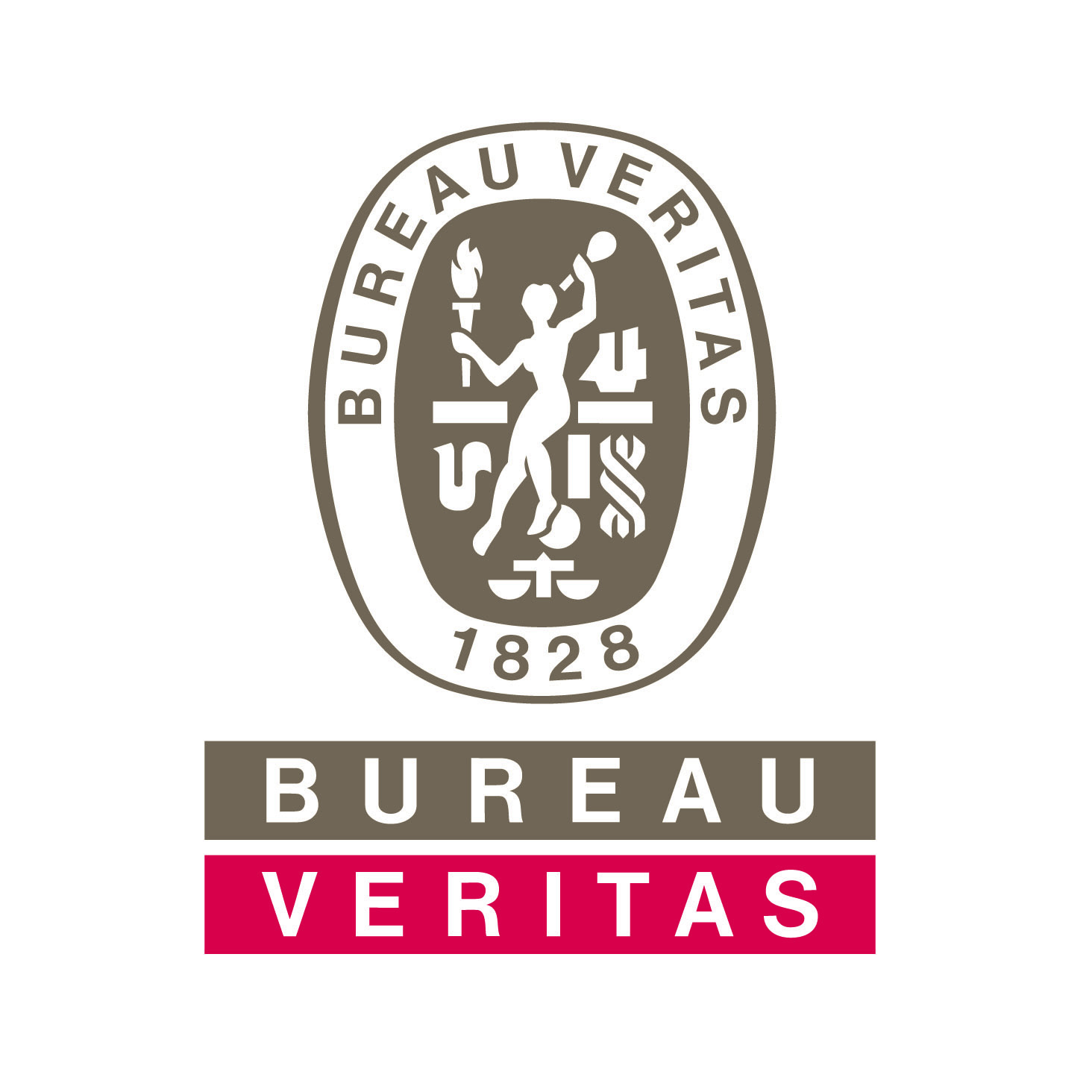
2018 Navy League Albert A. Michelson Award
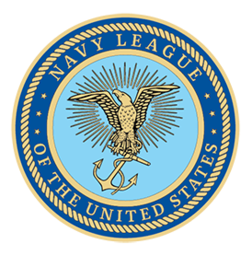
Thank you for your interest in Golden Bear Research Center (GBRC), a USCG subcontracted testing facility for ballast water management systems.
General Mailing Address & Phone
California State University Maritime Academy
200 Maritime Academy Drive
Vallejo, CA 94590
Staff
Christopher Brown
Director, Golden Bear Research Center
(707) 654-1282
cwbrown@csum.edu
For IMO D-2 Commissioning Testing:
Stephen Loiacono
Scientific Program Manager, Golden Bear Research Center
(919) 917-4408
For Type-Approval and R&D Testing:
Nicolas Shields
Engineering Operations Manager, Golden Bear Research Center
(707) 654-1258
nshields@csum.edu
Golden Bear Research Center’s Commissioning Testing Services
In accordance with IMO guidance BWM.2/Circ.70/Rev.1, vessels with Ballast Water Management Systems (BWMSs) installed on or after 1 June 2022 must conduct a commissioning test for biological enumeration of treated ballast water.
At least 1m³ of treated ballast water must be analyzed for the two size classes of organisms specified in the D-2 standard:

Our mobile laboratory allows our trained biologists to meet vessels in ports all over the world. We perform detailed and/or indicative analysis of the two required size classes with instant results. Our Class-Approved service includes sample collection, analysis, and results report.
Email Stephen Loiacono for scheduling and pricing.